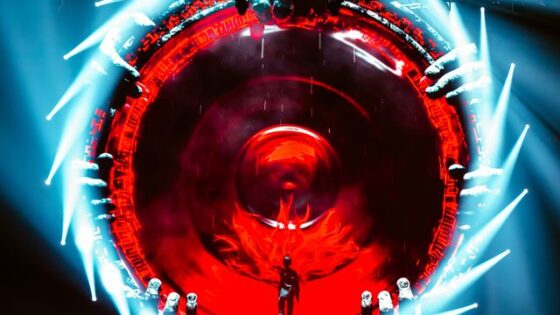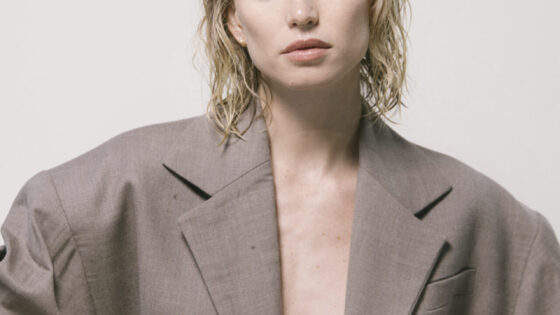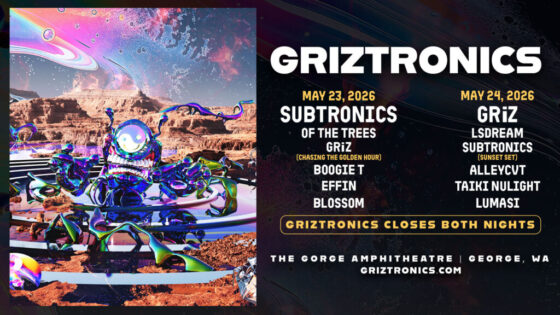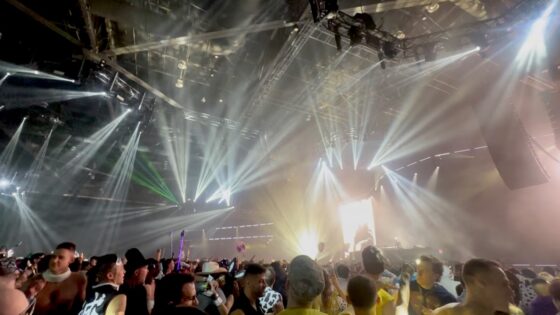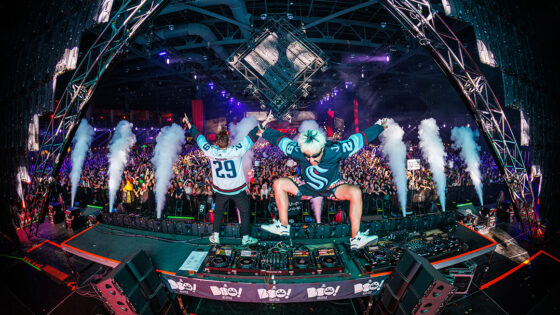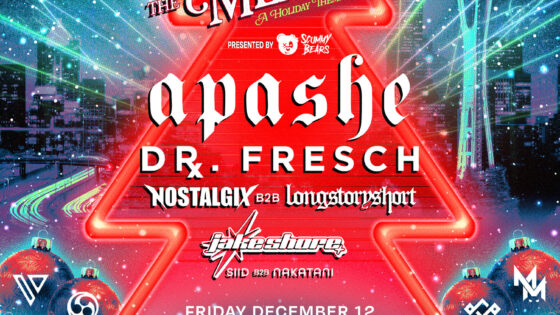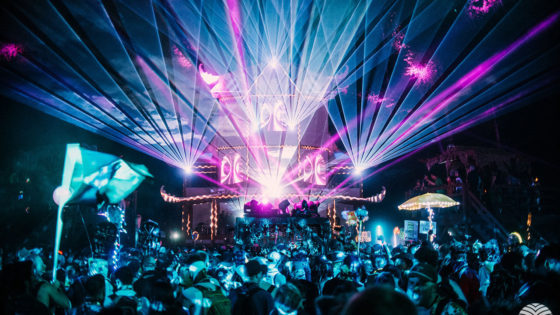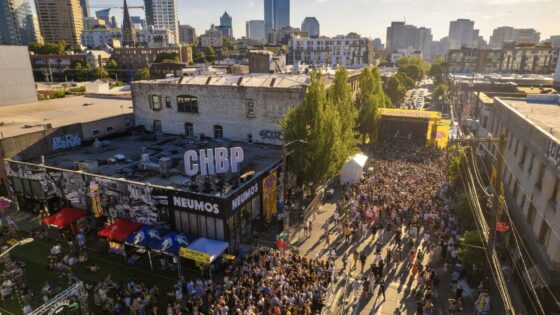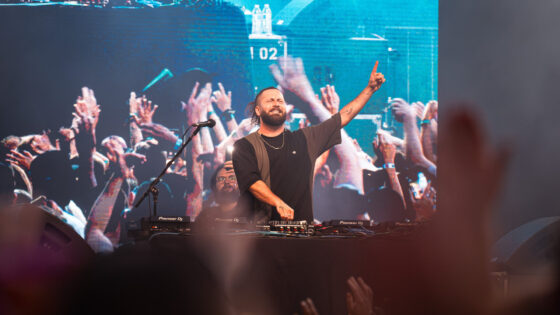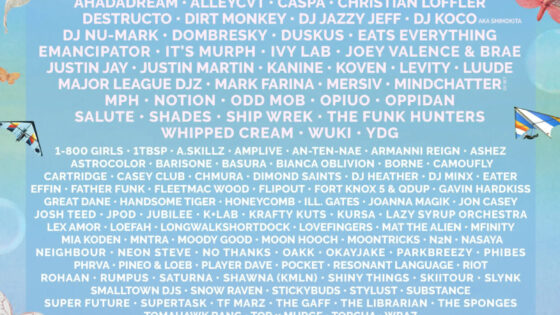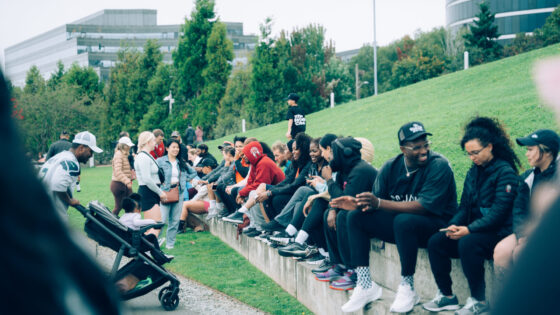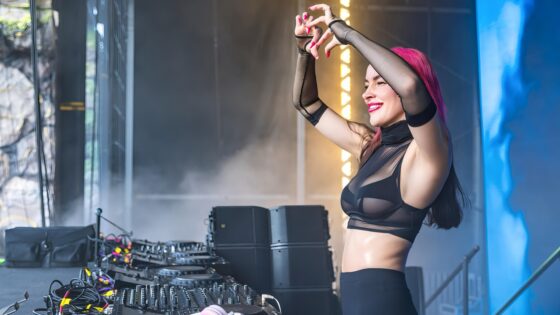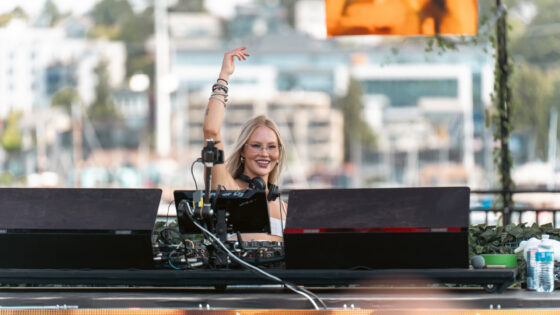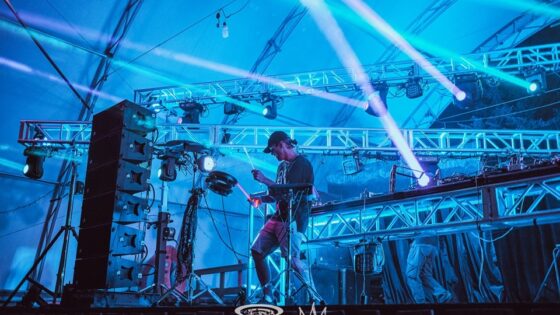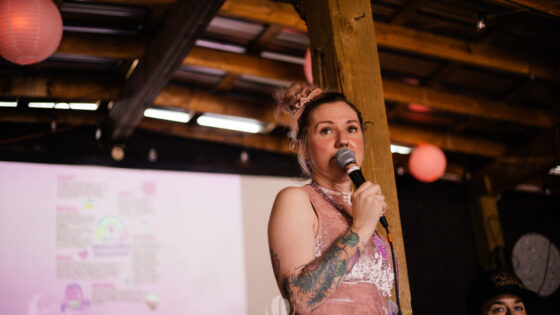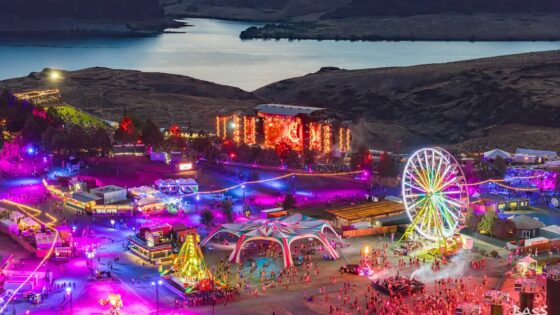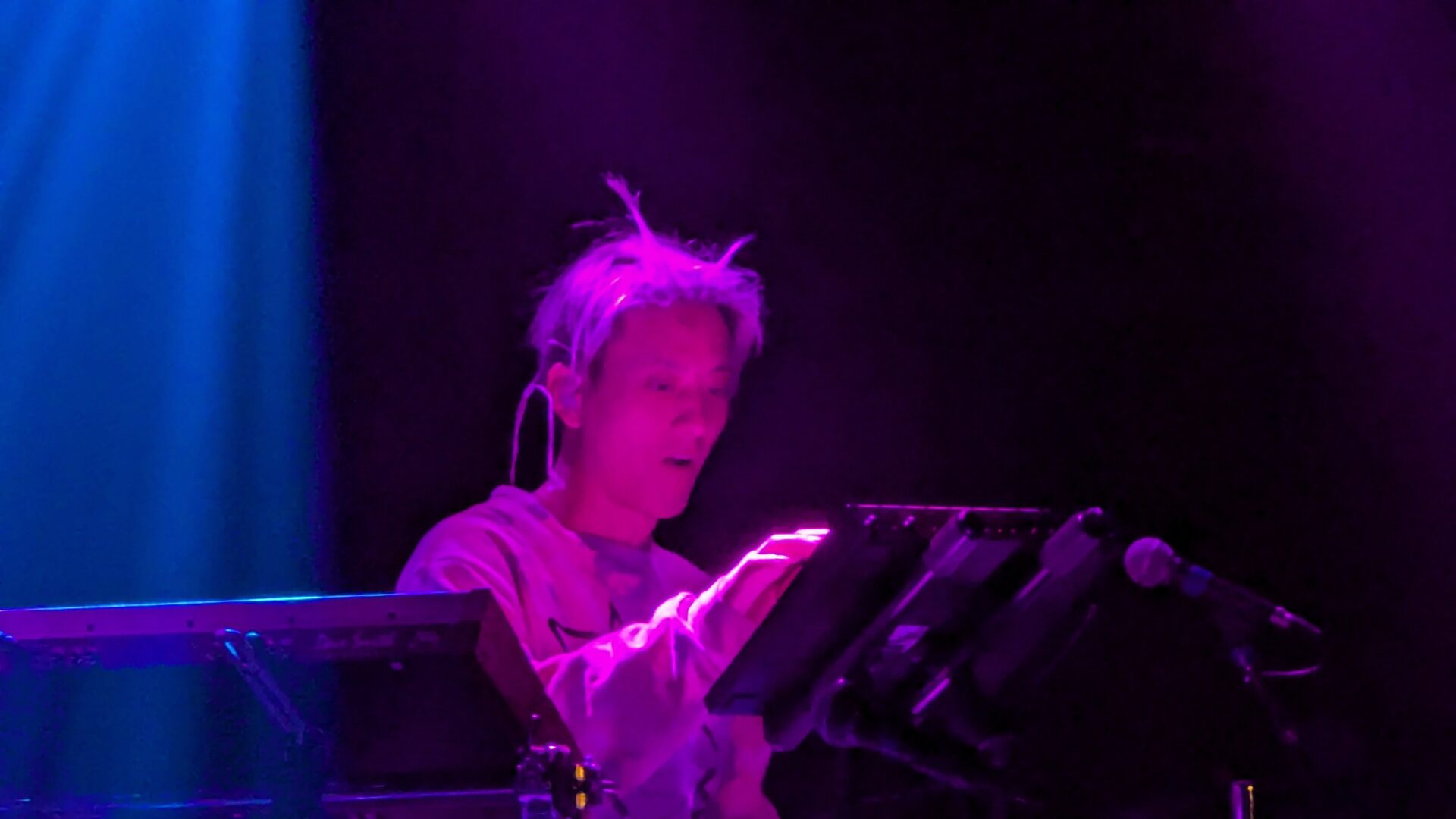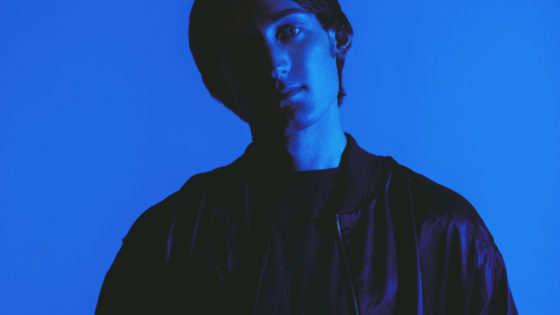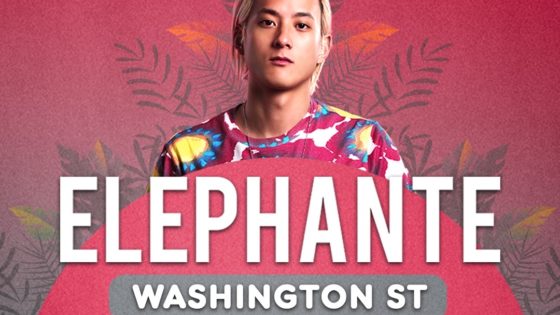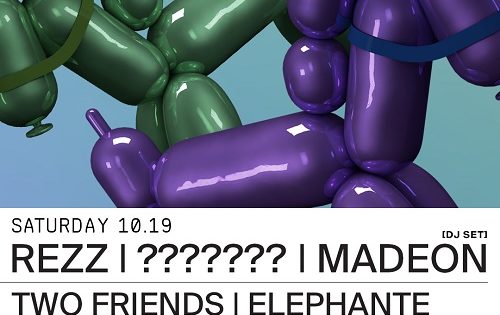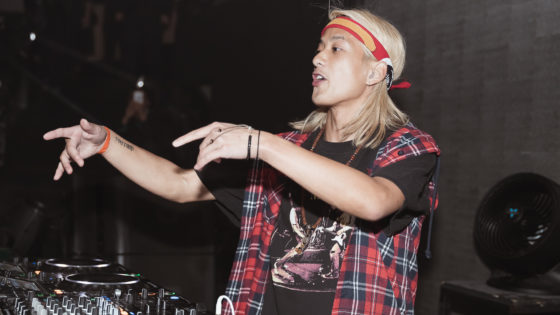In February, long-standing electronic artist Elephante came to Seattle on his newly released COPE album tour. The LA-based DJ/Producer played at Neumos in Seattle’s Capitol Hill neighborhood. While Elephante was there, our friend Ron Chatman from C89.5 got a chance to catch up with him and ask a few questions regarding the album and the Elephante project.
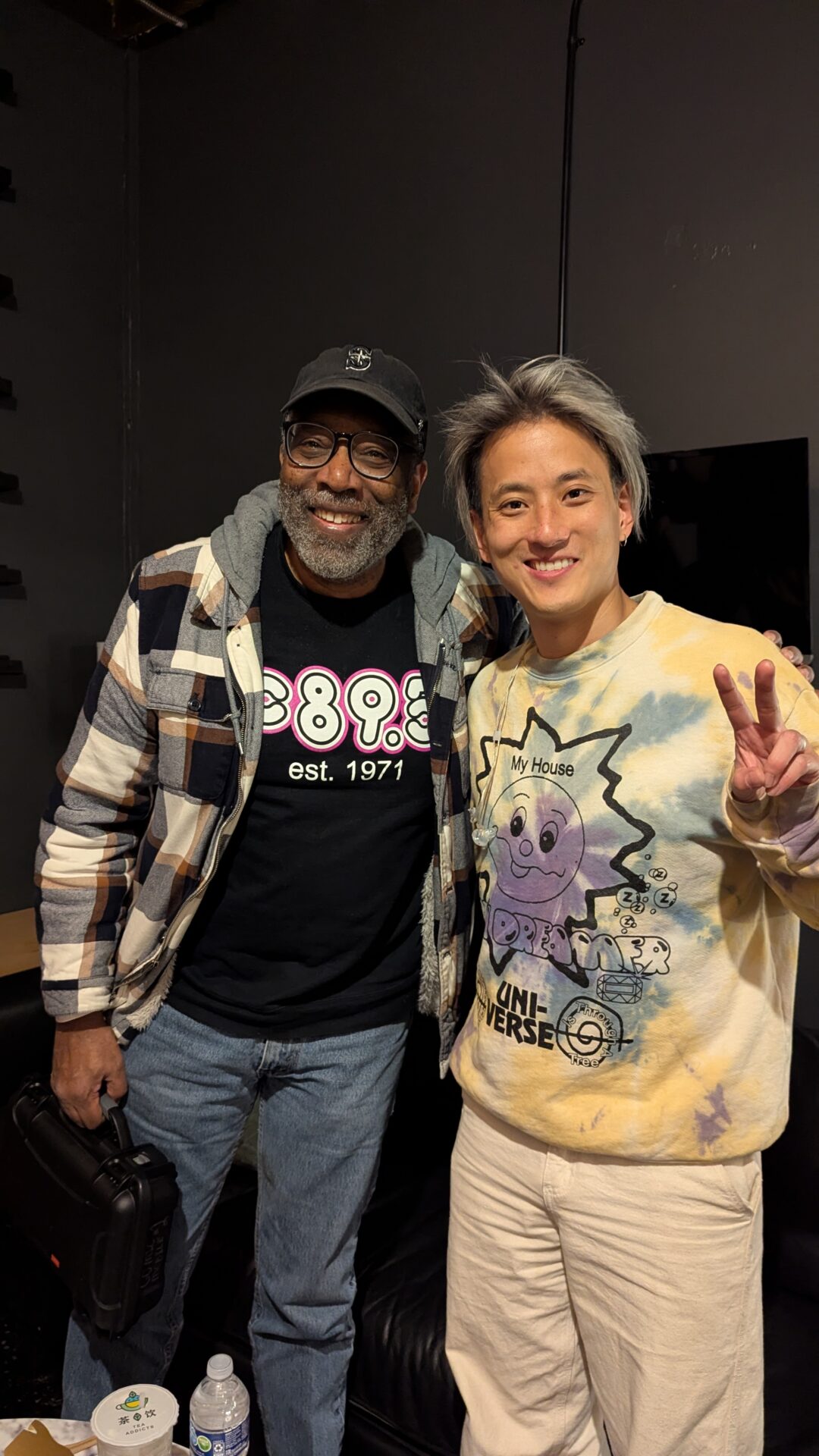
Credit: C89.5
Ron got the opportunity to speak with Elephante just before his performance at Neumos. Ron was also generous enough to record his interview that was originally aired on C89.5 for us to share with you, below. In their quick chat, they talk about Elephante’s upbringing, artistic process, living as an electronic artist in the world today, and of course, the COPE album.
Elephante has been a musician for most of his life, learning multiple instruments and writing music at an early age. After graduating from Harvard Business School, he returned to his musical journey while working in economics. After stepping into the music industry as a singer-songwriter, he found his home in EDM. The Elephante project was inspired by facing his “elephant in the room” which was his dislike of working in corporate America.
From its start, he has always been honest and genuine in both the way he makes his music and the way he lives his life, following his intuition in his choices and helping others in his community.
RC: You know, music is a big switch from economics, which is where you kind of started the journey. What bumped you to a different track?
Elephante: So I had always made music from when I was a kid. As I grew up I was classically trained in piano, I taught myself guitar and was writing songs in middle school. Growing up as a good Asian boy, in my head it was a hobby, right? Because that’s what Asian kids do they have hobbies and then they go get a real job, and so economics felt like the real job major. It felt like something practical. I actually got a job out of college and spent a year and a half working and while I was there, it became very obvious that that is not what I was supposed to be doing, and I was really unhappy, and I just told myself, I would never forgive myself if I didn’t give the music thing a shot. And so I took the leap, had no idea what I was doing I had no idea what was ahead me, but was lucky enough to find my way into the industry and just bash my head against the wall until it clicked.
Do your parents still give you a rough time about, taking up the hobby full time instead of the job?
Oh, no, they’ve come around. Early ont was a little bit like, “are you, sure?”, but at this point, I think it’s, you know, I haven’t asked them for rent money, so they’re like, “oh, he must be doing okay.” But no, I think it is funny now that I’ve been performing for a while and they’ve seen me perform, I can tell my dad’s a little jealous, and like I can see he has that performance bug in him, but for him as an immigrant, it was never an option, but then for him to be, like, “wait, this is a thing that you can do”, and so I think it’s really exciting for them.
So, you spent part of your time growing up in Ann Arbor. What was it like growing up in that environment and kind of swimming in all the musicality that’s there and then as you lean down towards Detroit, there’s a whole scene going on there, of course, you know, the birth of techno, but also pop, punk, you know, everything going on down there. Did all of those influences come into your music?
Yeah, I grew up as a alt rock and indie singer songwriter, there’s an amazing folk scene in Ann Arbor. I wasn’t quite as into punk and techno when I was younger, but I think there’s just a ton of influences there. There’s a big sort of, I don’t know what you would call it, but a big Music Festival like public radio Music Festival called Top of the Park, there’d always be these amazing bands, and I think just being exposed to a lot of different genres and the college radio station there’s amazing, and so we got to hear a lot of stuff that I think I wouldn’t have otherwise been exposed to so. I think I have a different background than a lot of other electronic artists, which then manifest itself in my music.
I know, that you were classically trained as a pianist, and then you picked up guitar, do you have a preference when you play on stage as to, which one you enjoy more?
Yeah, I prefer guitar. My idol growing up was John Mayer, so I like to do a John Mayer cosplay. But no, it feels a little more expressive, and a little more dynamic. I’ve definitely just gravitated more towards it over the years, so I feel more capable, whereas my piano skills have vastly deteriorated and I can approximate being a pianist now, but I, I feel more capable and dexterous on guitar.
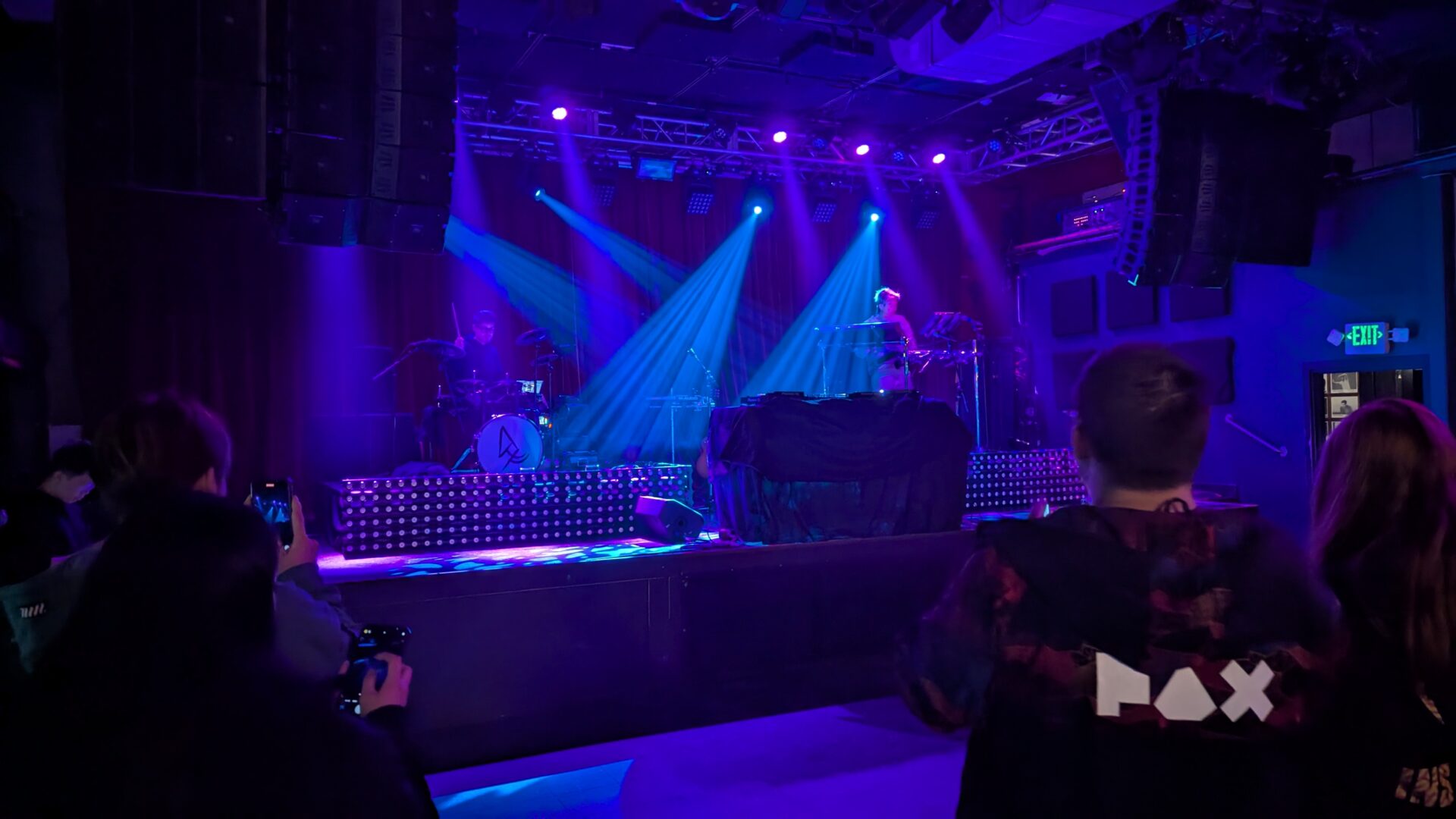
Credit: C895
I know a lot of people don’t associate guitar with EDM, but there’s a lot of guitar on COPE and there’s a really nice acoustic open to, All is Not Lost. Why did you commit that to, I’ll say the vinyl because I’m an old guy.
I think as an electronic artist, one of the biggest challenges is finding a sound that’s unique. There’s so many styles that once they get popular, it’s kind of like a rush to who can make a song that sounds like Illenium, or who can make a song that sounds like Dom Dolla right? The challenge is to find something that is yours people when they hear it, they know it’s yours. And over the years I would think about what, why am I different than these other artists? And it came back to my singer-songwriter roots playing blues guitar, and so it’s about finding your unique voice and the thing that speaks to you and and has influenced you as an artist and so. It’s about what can I make that other people wouldn’t expect? And so that kind of naturally just turned into, you know, All is not Lost was like a very like John Mayer inspired riff, you know. It was kind of like my attempt at making Why Georgia, right? It’s got that finger pick slap guitar sort of vibe. It just felt like there’s no real method to the madness, it’s just what am I excited by, and what do I think is cool? And so that’s just kind of what came out.
Talking about COPE as a complete package. I know we talked a little bit about it a moment ago off mic, but I just wanted to you know, kind of follow up with it. It’s just insane how beautiful and serene and and calming the package is, and it really kind of escorts you into the music and the songs on the album. And I just wanted to, you know, find a little bit more out about how the packaging came about and the design and all of that.
Yeah, I mean so, I worked with my creative director, his name is Daniel Zhong. He’s a genius. He’s amazing. The way we work is I kind of describe the emotional narrative and the themes of the different songs. And so, for me, when I was writing the album, to me when I write albums it always emerges. I’m writing these songs and I’m trying to find what my subconscious is telling me. What is the big story? And then you sequence the album around this narrative, and this album was about coping with trauma and finding a way to see reality in a way that helps you get through the day. And so, as we were discussing different visual ideas, the one that kind of came up was he had this idea of painting and art as a way of you’re sort of painting the world in a way that you want to see it. And we came up with this imagery of a young boy staring at this canvas in sort of a desolate landscape. And I just thought it perfectly captured the emotion and the the ideas that I was trying to express. And then from that, is kind of an anchor we just ran with that theme. In the in the vinyl packaging, which I’m really excited about, you open it up and then you’re inside, like the jungle you have entered into the painting. You just kind of explore what’s the experience of opening up this vinyl? What’s the world that we’re trying to create? And just give it as much breadth and depth, and just honestly, it’s just fun thinking about stuff like that, and I grew up as an album person, so putting this kind of thought into every little nook and cranny, that’s part of the fun for me.
I know that you have donated proceeds from your LA show to Musicares to help provide resources for musicians that were impacted by the by the LA fires. Why do you think it’s so important for artists to support other artists?
I think the biggest thing for me is as someone who’s been doing it for over 10 years now is being an artist is not an easy life. Obviously, there are some very great perks about it, but it is a very difficult living and things as catastrophic as the wildfire, it makes something that you’re already kind of on a knife’s edge, and you can just push you over and we’re in a place as an artist who’s fortunate enough to have been safe from the fires and not, I didn’t lose my house. I just know how difficult it is to make a living doing the thing that you love and trying to bring joy to other people. I just think for me, it’s, I want to be able to give back and allow people to continue their livelihoods because it’s devastating. It’s really hard to explain how catastrophic the city feels right now. If I can help and bring awareness to it and you know, and help people see past the “oh, you just go and play shows and and drink all the time and party and do drugs”. That’s, like, really not how it is. I go home, and I walk my dog and to be able to help people just continue the life that they want to live, that’s really important to me?
I know that you walk the walk talking about supporting other artists because one of your efforts is Hidden Horizon. Which is an effort to support Asian artists and bring them to the Forefront. I know you’ve done a showcase at Miami music week in the past, is that going to happen again this year?
We are running it back. We’re doing hidden Horizon Miami, year two. The reason why I started Hidden Horizon is because I came up in 2014, 2015, and there was really not very much Asian representation in dance music, or in entertainment more broadly. I spent many years with a self-loathing and not wanting to talk about it and repressing that part of my identity because I didn’t want people to judge me as “oh, he’s just a nerd” or “oh, he’s whatever”, right? And then, as I became more confident and more successful in my career, I realized just how important it is my identity. Being an artist is embracing who you are, and so I just want to give back and give younger artists the resources and community that I never had and just getting off the ground as an artist is so difficult. For me, it’s just by giving people a nudge in the right direction it can make such a big difference in their careers. Having an opportunity to make a make a life pursuing your art I think it’s a really fulfilling and exciting thing for me.
Do you think that maybe some of your processing of your prior trauma and helping a new generation of artists kind of break through will lead to an experience beyond COPE or whatever the next album is beyond this.
It’s a great question, I’m still, in the thick of making this tour happen, so God knows what happens after this. But I do know that working with younger artists and and playing more of a mentor role, it re-inspired me in a way that was really hard to predict. I’ve been doing this for, like I said 10 plus years, and you start doing the same things over and over again. You started playing the same venues, the same shows, and it just starts to feel like a job and for me it’s being able to help other younger artists. It inspired me and was, like, “wait, this is supposed to be fun, this is the this is the dream and you are, you’re supposed to enjoy this”. And that spirit of exploration and excitedness and losing kind of that jaded attitude that has that creeps in inevitably, it it just inspired me to be like, “you know what you, you’ve done pretty well, like, just just make what you’re excited by”. And then I think that kind of directly led to me having the faith to just lean in fully to what I was going through to write the album.
There’s always a through line in everyone’s work. Starting with Sirens and Dopamine and you know all the way through the Taste of your Tongue. What’s your through line? Beyond John Mayer and Beyond the the growing up in Ann Arbor and not being an economist or working in the financial industry. Where’s your future lie?
This is going to sound corny, but it really is finding those moments that make you feel alive and feel like transcending your day-to-day life and feeling a connection with the artists or the people around you. That moment that I only get through music where its just shivers down deep in your soul. You don’t get those that often. But when you hear a song live, or you hear a song on record, whatever it is, it’s like that is such a transcendent moment that I don’t get from any other experience in my life. And so, I think my journey as an artist is just chasing that. You throw so many ideas at the wall, you write so many songs and you create, you try so many times, and then every so often, you just nail it, and it’s just like, “Oh, I found it”. That one moment in, you know, you get it a couple times a year, like those are the those are what you chase and what you go after, and it’s always just finding that sort of next that next hit if you will.
RC: Tim, thank you so much.
Elephante’s live performances for the COPE album tour feature a variety of live and electronic instruments, including drums, guitars, keyboards, and percussion pads, giving the audience a much more personable and unique live performance experience. Audience members report the performance as “incredible” and “beautiful.”
For tickets to Elephante’s future performances and other information, please click here.
Important things happen in Pacific Northwest nightlife, and DMNW will send you alerts!

